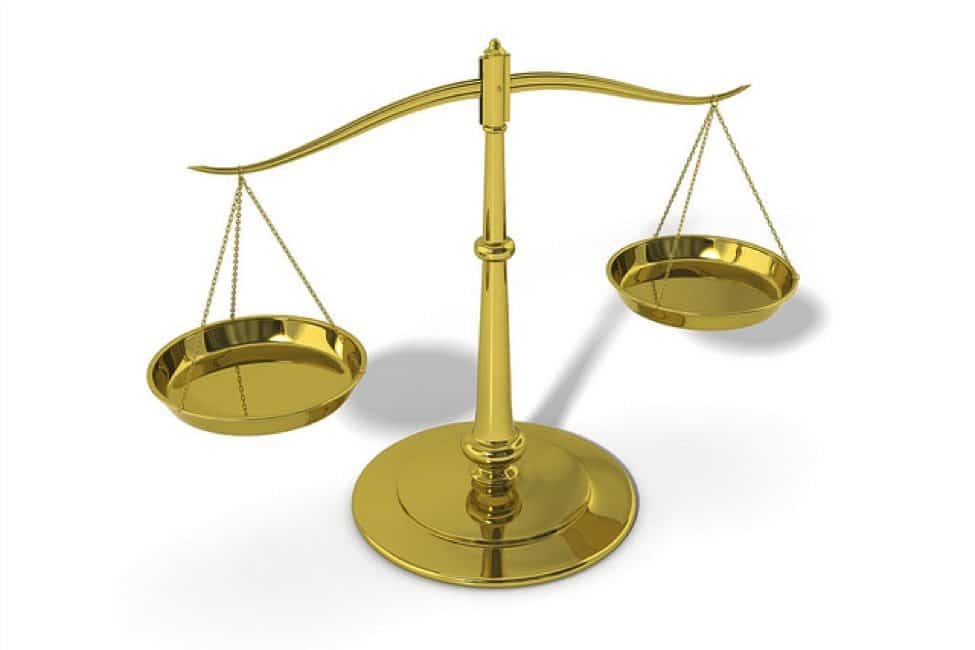The Anticybersquatting Consumer Protection Act (ACPA) creates a civil cause of action against someone who registers, traffics in, or uses a domain name that is confusingly similar to, or dilutive of, a trademark or personal name. Significantly, a person accused of violating the ACPA must have “a bad faith intent to profit” from the domain name to be found liable. Bad faith may seem like a vague concept, but the lawmakers who wrote the ACPA provided nine factors that might demonstrate whether one has acted in bad faith. Fortunately, the Internet attorneys at Revision Legal are very familiar with the ACPA, and we’d like to take the opportunity to explain these factors.
Under the ACPA, to determine whether a person has bad faith intent to profit, a court may consider the following nine “bad faith factors.” (Caveat: we’ve paraphrased factors five through eight because each is quite lengthy, but you can find the entire text here).
- The Trademark or Other Intellectual Property Rights of the Person, if any, in the Domain Name
The first factor is relatively straightforward. Essentially, the court hearing the case considers whether the defendant accused of violating the ACPA actually owns any intellectual property rights in the mark she’s accused of misappropriating. If the defendant does own IP rights in the mark, then that factor may favor the defendant.
- The Extent To Which the Domain Name Consists of the Legal Name of the Person, Or a Name that is Otherwise Commonly Used to Identify that Person
The second factor scrutinizes whether someone registered another person’s name as a website without her consent. The name in question can be the plaintiff’s legal name, stage name, or a moniker by which they are well known. If the defendant isn’t also known by the name contained in the domain name, and she attempts to profit from use of the domain name, then this factor will favor the plaintiff.
- The Person’s Prior Use, If Any, Of the Domain Name in Connection With the Bona Fide Offering of Any Goods or Services
Like many legal principles, the third factor is rather verbose. The central inquiry under this factor is determining whether the defendant actually used the domain name as a trademark before registering the domain name and if the defendant sold goods or services under the mark. If the defendant never used the trademark before registering it as a domain name, then this factor will probably weigh against her.
- The Person’s Bona Fide Noncommercial or Fair Use of the Mark In a Site Accessible Under the Domain Name
Blending in some concepts from copyright law, this factor evaluates whether the defendant has a legitimate, noncommercial (nonmonetary) reason for registering the domain name. Noncommercial uses, such as for comment, criticism, parody, and news reporting typically do not violate the ACPA. However, it’s important to note that the noncommercial purpose cannot simply be a ruse; it must be legitimate.
- Diverting Consumers From the Mark Owner’s Website that Could Harm the Mark
The fifth factor asks whether the defendant’s website might tarnish the goodwill of the plaintiff’s mark in the minds of consumers. For example, Mattel filed suit under the ACPA when an adult entertainment company registered a domain name containing the Mattel mark, “Barbie”, among other marks. When consumers tried searching for Barbie, some arrived at an adult themed site instead.
In that case, the court explained that if consumers who are hoping to find information about Mattel’s products saw those images instead, then it might tarnish the image of Mattel’s products in the minds of those consumers. For that reason, if the site is held to tarnish the mark owner’s image, then it will weigh against the defendant.
- Whether the Defendant Offered to Transfer the Domain Name to the Mark Owner and The Circumstances Involved
At the heart of this factor is whether the defendant acquired the domain name with the legitimate intent to use it as a platform for its own products or services instead of simply registering it to later sell it. If the defendant had a legitimate purpose, and she then attempts to sell, transfer, or otherwise assign the domain name back to the mark’s owner in an attempt to avoid litigation, then this factor will likely cut in favor of the defendant.
- Did the Defendant Provide False or Misleading Contact Information Upon Registration
Under this factor, if the court finds the registration information a defendant provided was false, and it was likely done in an attempt to prevent third parties from serving the defendant with a lawsuit, then this factor will favor the plaintiff.
- Defendant’s Acquisition of Multiple Domain Names She Knows Are Trademarks
The eighth factor focuses on whether the defendant registered so many domain names that are confusingly similar to distinctive or famous marks that it’s reasonable to conclude she’s trying to profit from those marks. If such a pattern exists, it’ll cut against the defendant.
- The Extent to Which the Mark Incorporated in The Person’s Domain Name Registration Is or Is not Distinctive and Famous
The last statutory bad faith factor evaluates whether the mark at issue in the domain name is so well recognized by the general public that consumers could readily connect the mark as the origin of the goods or services: think popular sports teams, clothing stores, and so on. If the mark is found to be well known, it will weigh against the defendant.
Although the nine bad faith factors are fairly involved, the list is non-exhaustive. This means that courts are not limited to the bad faith factors to render a decision. However, a skillful articulation of the bad faith factors is paramount in any ACPA suit. Therefore, if you suspect someone has wrongfully registered your trademark as a domain name, or if someone has mistakenly accused you of registering theirs, you should contact the experienced Internet attorneys at Revision Legal here or by phone at 855-473-8474.
